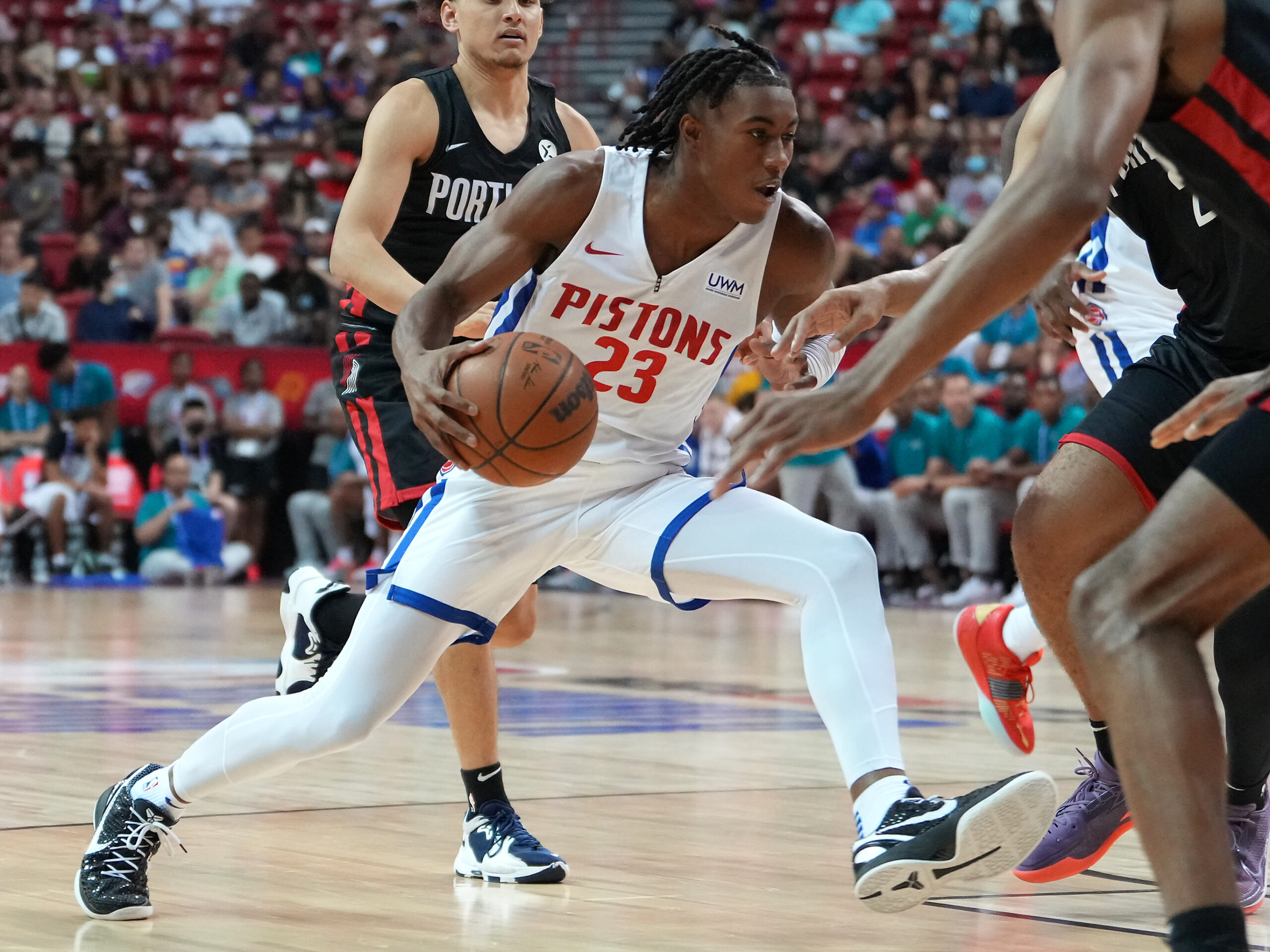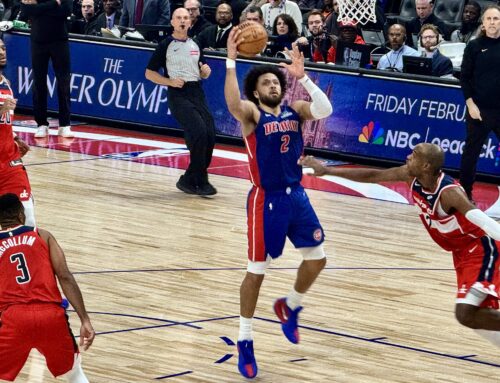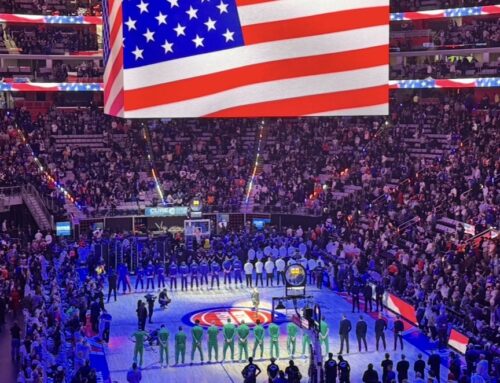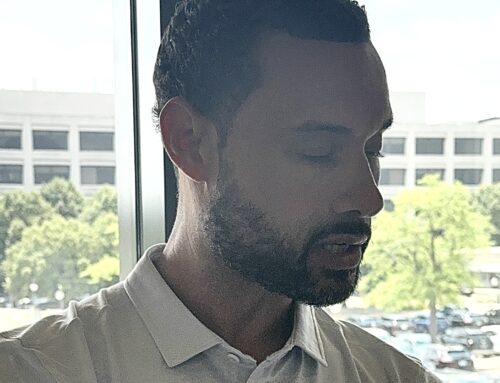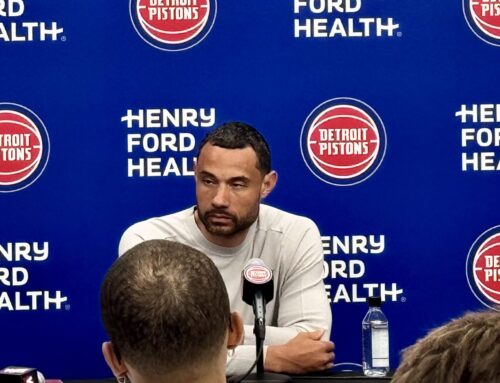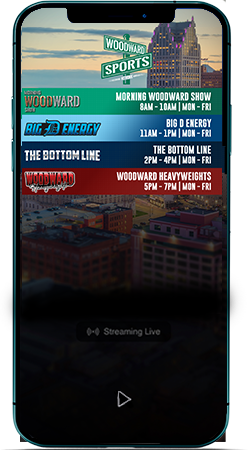Entering this offseason, the Detroit Pistons’ front office knew they had to find a backcourt partner for star point guard Cade Cunningham.
After returning from injury at the start of the 2021-22 season, Cunningham was paired with Killian Hayes. The seventh overall pick in the 2020 NBA Draft, Hayes was an awkward fit to pair with Cunningham. Hayes struggled with his outside shot and never found his footing in an off-ball role.
Midway through the season, the team introduced veteran Cory Joseph into the starting lineup, shifting Hayes into a bench role. The duo of Cunningham and Joseph was a better fit. The 30-year-old Joseph shot a career-high 41.4 percent from beyond the arc this past season. Despite playing well as a starter, Joseph is better suited in a bench role. By the end of the season, it was clear an upgrade was needed.
In the 2022 NBA Draft, the Pistons found Cunningham’s backcourt partner. With the fifth overall pick in the draft, the Pistons’ front office selected Purdue guard Jaden Ivey.
Ivey was touted as the most electrifying player in the 2022 draft class. He combines top-end athleticism with a good touch around the rim. The 20-year-old’s pace-pushing style of play should pair well with Cunningham’s more patient and surgical playstyle.
There is a lot to like about Ivey, but he is far from a perfect prospect. His role with the Pistons will be different than his role at Purdue. If Ivey develops his game to fit his new role, he could be the ideal backcourt partner for Cunningham.
Here are three of Ivey’s biggest areas of improvement heading into his rookie season.
Effort is the key to Ivey’s success on defense
Ivey was not a lockdown defender at Purdue. He tended to sag off his man and could have mental lapses at times. However, he has all the tools to be a solid defender.
When he was locked in, Ivey could poke the ball free and carry it in transition for easy points. He played passing lanes and denied entry passes to his man. At times, he fought through screens and even had well-timed block attempts. But, often he was caught ball watching and not engaged.
How much effort Ivey puts in will dictate how effective he is on that end of the court. It is an area of his game the Pistons have challenged him to become great at. With the right coaching and the right work ethic, Ivey should have no trouble becoming a solid defender at the NBA level.
Jaden Ivey needs to develop a more consistent three-point shot
The stats say Ivey shot the ball pretty well during his sophomore season at Purdue. The 20-year-old connected on 35.8 percent of his five attempts per game from beyond the arc. Ivey made major improvements as a shooter during his sophomore season. As a freshman, he shot 25.8 percent from deep. A 10 percent increase in shooting percentage on roughly the same volume is a drastic improvement. However, there is more room to grow.
Shooting consistency is a major issue for Ivey. In one game, Ivey could shoot four-for-six from three-point range. In another, he could shoot zero-for-six.
Ivey shot well in Summer League. He went two-for-five from beyond the arc in Detroit’s first Summer League game. It could have been three-for-six, but Ivey kicking his leg out negated a highlight reel-worthy heave. In game two, Ivey sank his only three-point attempt but left the game early due to an injury.
His shot is not always pretty, but it is not broken either. Ivey is not going to come out of the gate as a knockdown three-point shooter as a rookie. He is not going to be an immediate remedy to a Pistons team that ranked 29th in three-point shooting percentage this past season. His shot needs work.
Jaden Ivey needs to work on off-ball movement
Ivey was not asked to play off-ball very much at Purdue. He was often the team’s initiator on offense. When he was placed in an off-ball role, Ivey often stood around the three-point line waiting for the ball with very limited movement.
In Detroit, that is not going to be the role Ivey fills.
Cunningham is the guy in Detroit. While Ivey will have his moments with the ball in his hands, Cunningham is going to be the main ball-handler and offensive initiator.
Ivey is simply going to have to start moving without the ball in his hands. He has the speed to lose his defender when running around screens. He shot 34.8 percent on catch-and-shoot three-pointers in college as well. While that is far from spectacular efficiency, it is respectable enough to keep defenses honest.
In Summer League, Ivey got some experience in an off-ball role. Detroit utilized Killian Hayes and Saben Lee as the main ball-handlers, with Ivey not having many opportunities to bring the ball up into halfcourt sets.
It could take some time, but Jaden Ivey could develop into a lethal off-ball scorer. He has the athleticism to be a dangerous lob threat off cuts to the rim. If he finds consistency with his three-point shot, he would be a serious threat running around screens as well. It is a new role to him, and it is one that will take time to learn.
(Featured Image Credit: Stephen R. Sylvanie-USA TODAY Sports)

